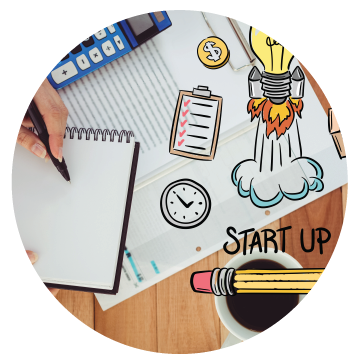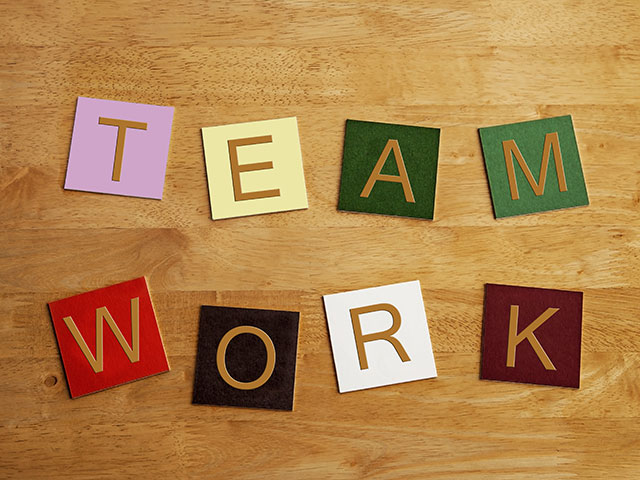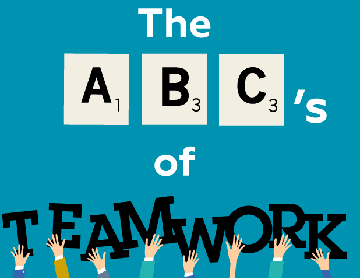Develop your Skills to Develop your People
In business today, coaches or mentors are being increasingly used in performance management strategies to facilitate workers to perform at higher levels. The coach/mentor primarily acts as a guide to help clarify and articulate the individual’s goals. They work by encouraging the individual to achieve tangible results, whilst helping them learn through self-directed motivation. The context of the relationship is therefore results-oriented and involves goal setting to encourage behavior change and personal transformation.
Current research shows that the vast majority of leaders and managers are already acting, either formally or informally, as either or both a coach or a mentor. This amplifies the importance of developing sound skills in these leadership areas.
PERSONAL QUALITIES
To be an effective coach requires adoption of an ‘Above the Line’ approach. Accepting personal responsibility, being focused on goals, solutions and results, whilst maintaining a positive attitude will enable you as an ‘Above the Line’ coach. You can achieve this by framing goals, discussions and action plans in a positive, future-focused, solutions-based way. Always encourage the individual to look at their situation with a possibility mindset.
As a successful coach you will need to harness and develop the power of your emotional intelligence. This concept demands that we know ourselves in order to know how to best engage and relate to the individual and their emotions.
COMMUNICATION
Successful communication is a two-way process, sending as well as receiving. Coaches need to have well developed and well practised listening skills, as a large amount of time in sessions (typically 60 – 80%) is spent actively listening to the individual. You must first present your ideas in a form others can understand and then listen to others to understand how your message is being received. This mutual understanding is necessary if the purpose of any communication is to be achieved.
To progressively strengthen the coaching relationship and to achieve the greatest value and meaningful communication from coaching sessions, coaches must listen attentively and use empathy to understand the other person’s message.
MOTIVATION
Self-discovery and self-learning will be central to the individual’s motivation towards their goals and objectives. By showing the individual that you believe in them and their abilities, you can help them learn to become more self-motivated as they experience the progressive achievement of their action steps and goals. Successful coaching and mentoring is built on a foundation of inherent belief in others and their potential for personal development and growth. Successful coaches and mentors see people in terms of their future potential, not their past performance or present skill levels.
Are you a good manager?
To explore further competencies that are crucial to being a great leader and manager, take LMA’s complimentary DIY Leadership and Management Competency Analysis. The comprehensive report will outline the benefits of targeted leadership and management development activities to yourself, your team and/or your organisation.






